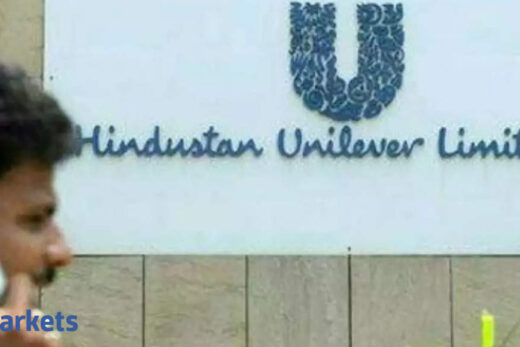In terms of asset allocation, does it make sense to have a larger exposure to equities as opposed to fixed income?
Markets are at fair value now. It is no longer cheap like March, April, May, June 2020. So, have equal weight allocation to equity. And equal weight does not mean that you sell off your equities, it means that you maintain that portion of equity which your risk profile permits. This is neither the time to be overweight equity nor the time to be underweight equity, this is to follow your disciplined asset allocation model.
Why should one have exposure to the bond market when we know that interest rates will not go lower and inflation will go higher?
Undoubtedly this is a market where inflation and interest rates both are standing against the bond investors, but this is where the fund manager’s skill comes into play. You have to ensure that the coupon income which you make in bonds is reasonably good enough over the capital loss which might come because of rising interest rates.
Second, the rise in interest rates is not going to be secular. It will be controlled by RBI’s intervention. Post budget as the 10-year yield went up, the RBI took certain action in terms of cancellation of auction and the yield did revert back. So there will be opportunity for skilled fund managers to navigate in this turbulence and generate return.
We recommend investors in the bond market to invest in 3-5-year products and also dynamic bond funds. Credit risk funds now seem to have made a bottom. They were seeing redemptions from April all the way up to December. But in January, inflows back to credit risk funds have started. Those funds have higher credit risk but in terms of duration, they are at the short-end of the curve.
There are certain products within a mutual fund portfolio in fixed income which will help you protect yourself against rising interest rates from extremely short-end funds like overnight and liquid and money market to medium-term funds like floating rate funds, corporate bond funds, banking and PSU debt funds and finally a dynamic bond fund. These are all the funds which will help you make money even in a rising interest rate environment.
Is it time to have a tilt towards small and midcap stocks — start a SIP if not direct investing?
Definitely. Within equal weight equity allocation, our call is that it is time to be marginally overweight small and midcap and marginally underweight large cap. While large, mid and small seem to be equal in terms of valuation vis-à-vis their historical averages, large caps are at a slight premium and smallcaps are at a slight discount.
So undoubtedly purely from a valuation point of view, smallcap appears to be overweight. We also believe that smallcaps will benefit far more in terms of recovery as their volume picks up. The large cap companies by and large were able to withstand the Covid-19 shock quite well. The smallcaps had to go through the pain and probably it is time for them to reap the benefits.



